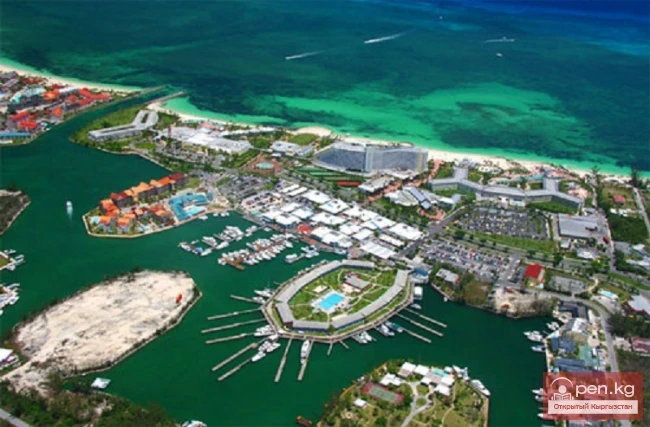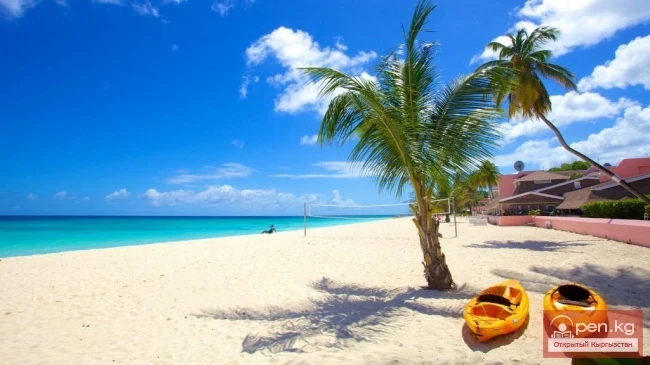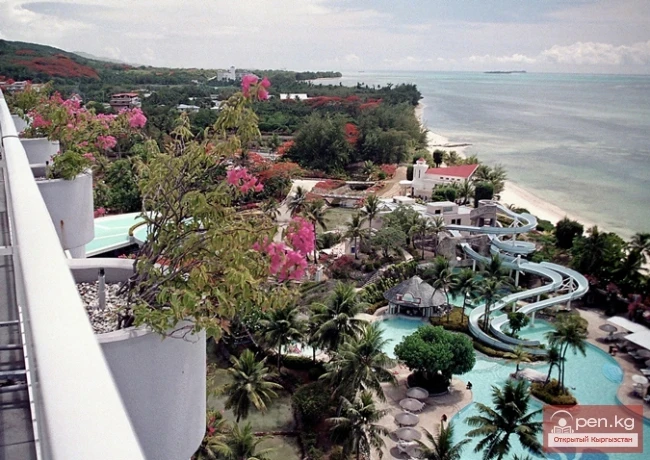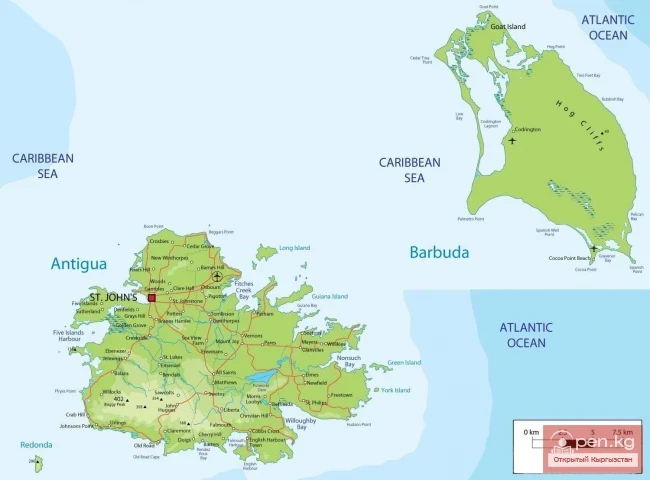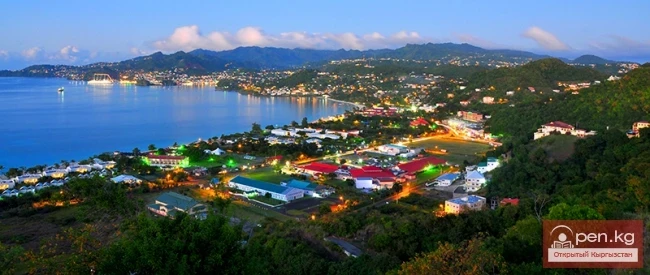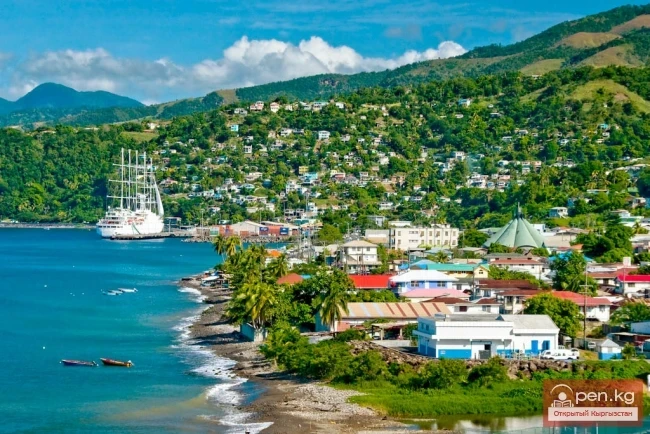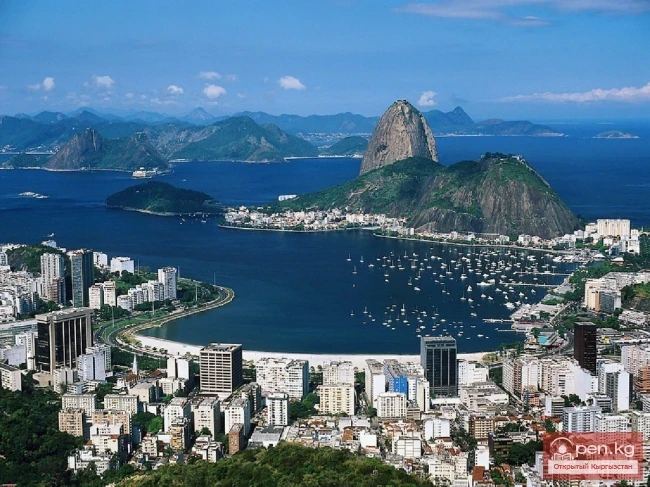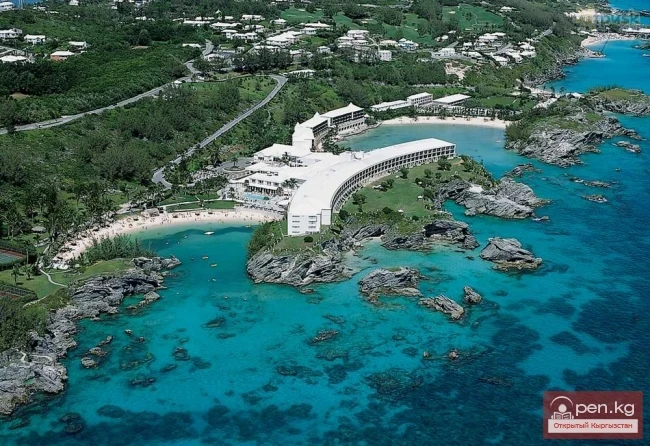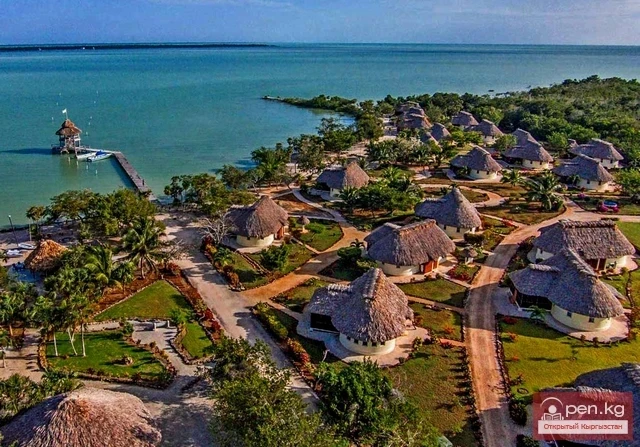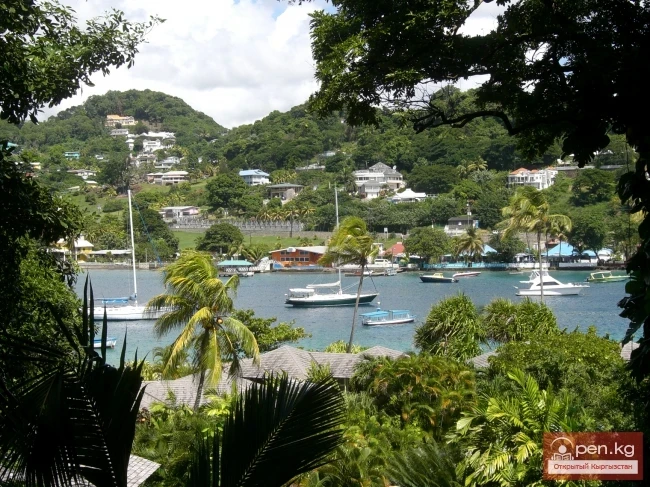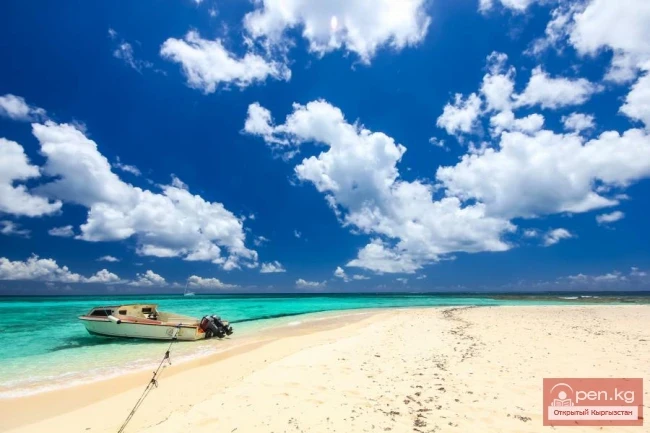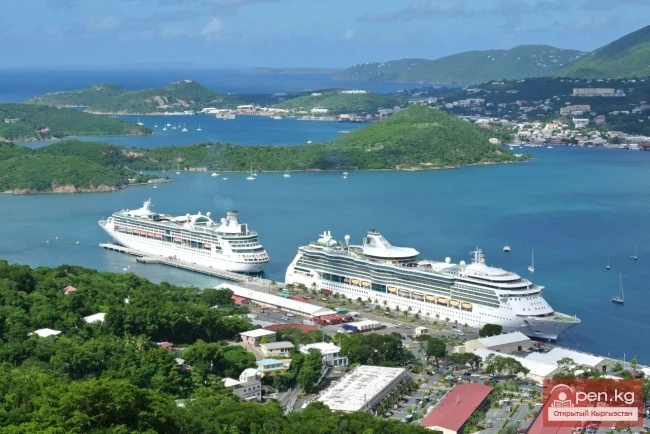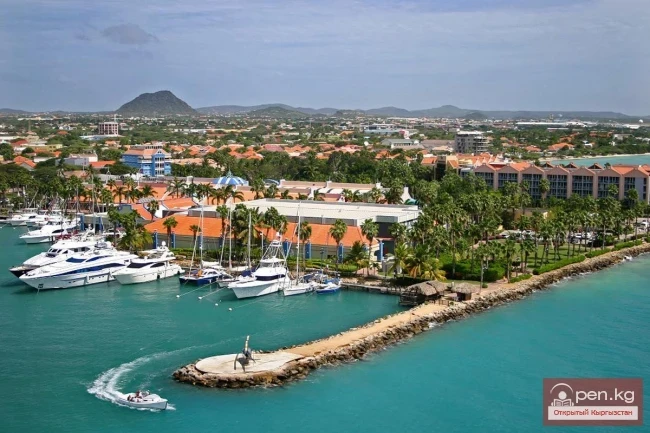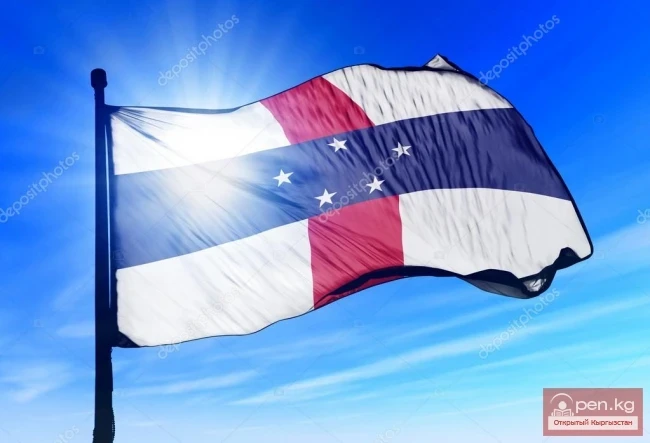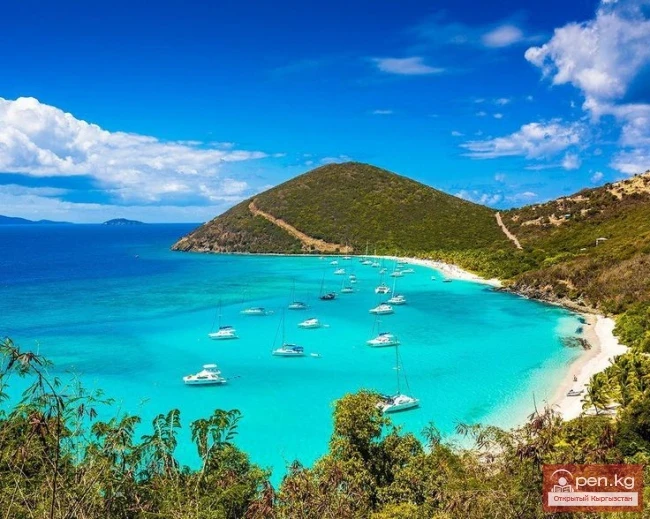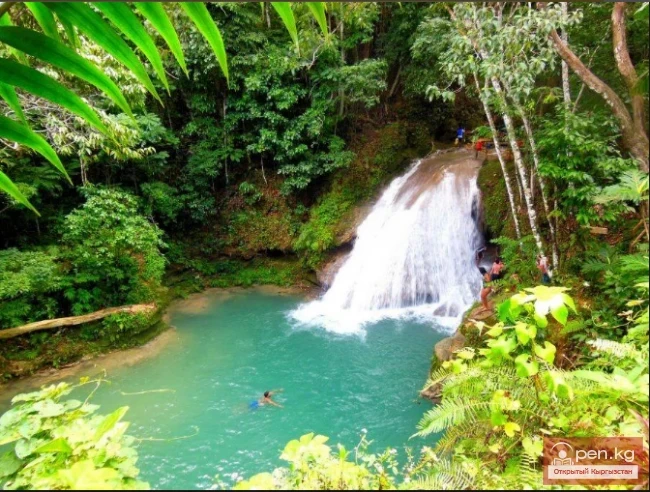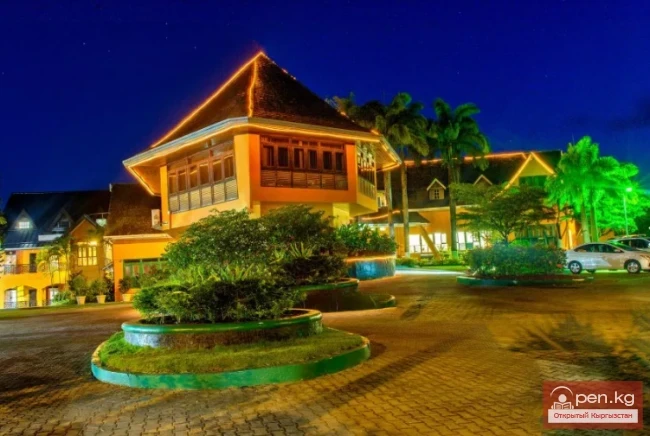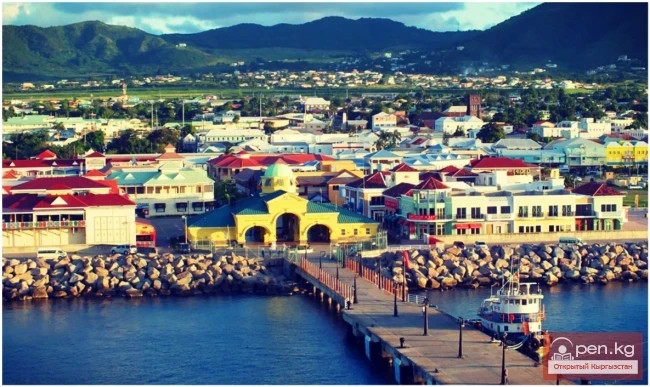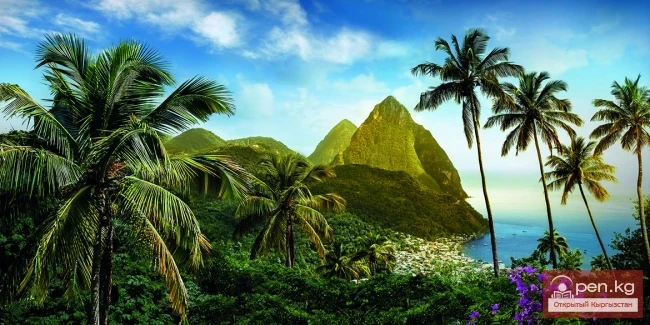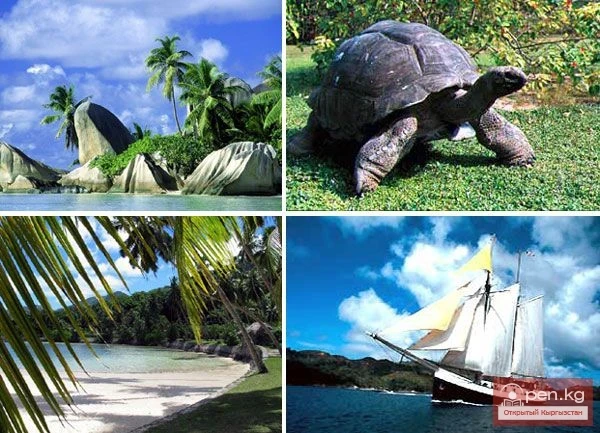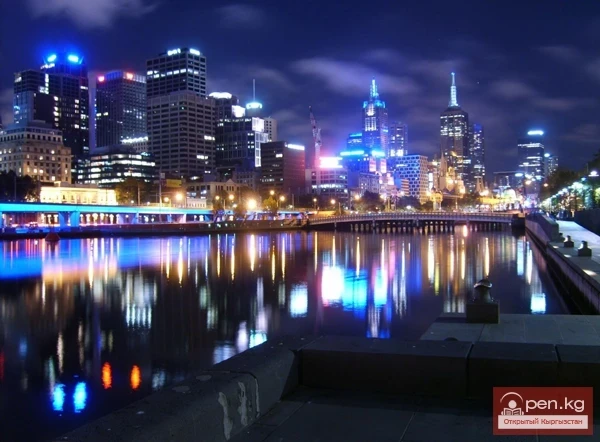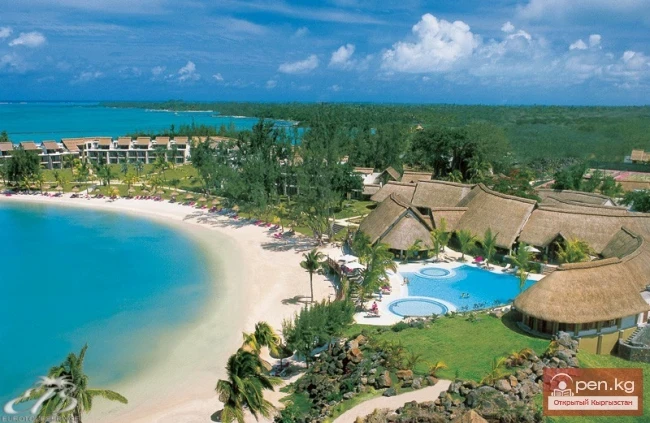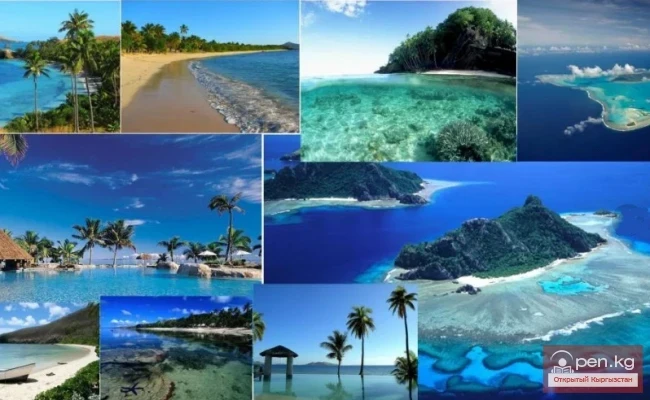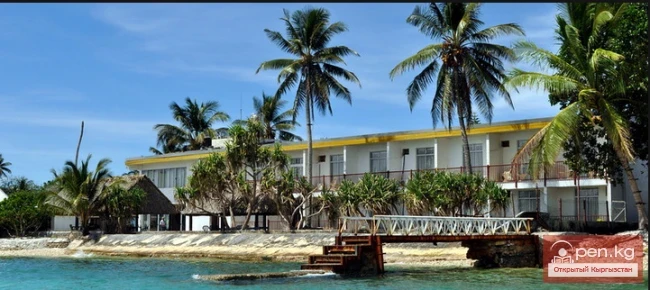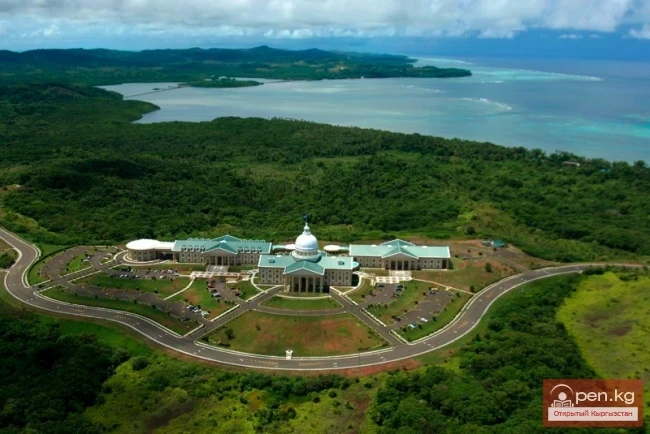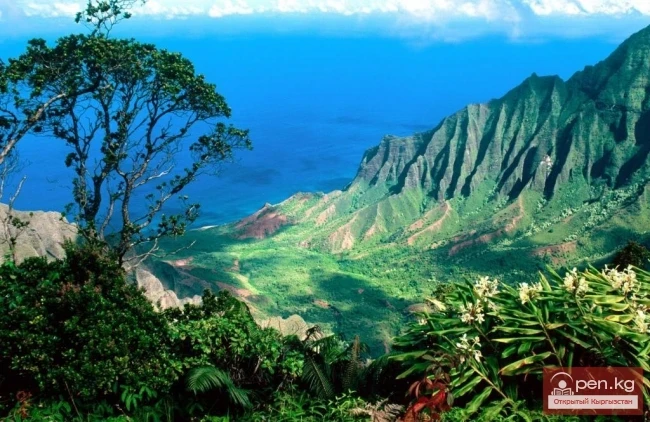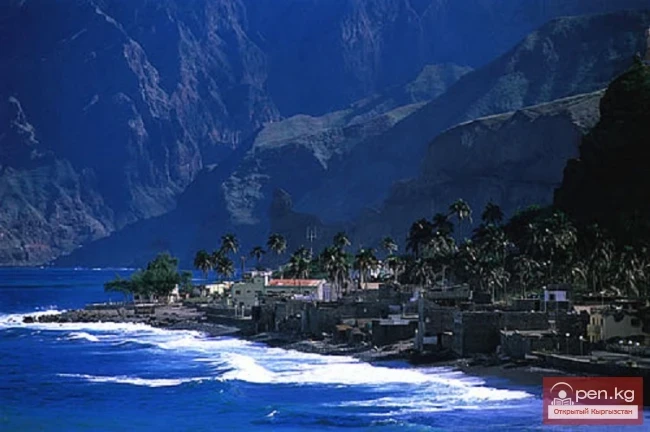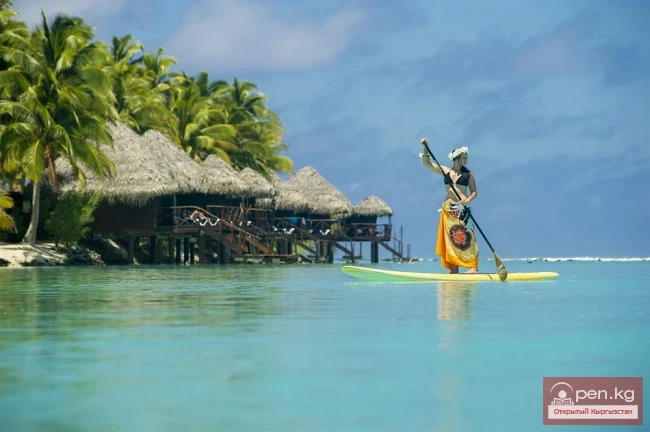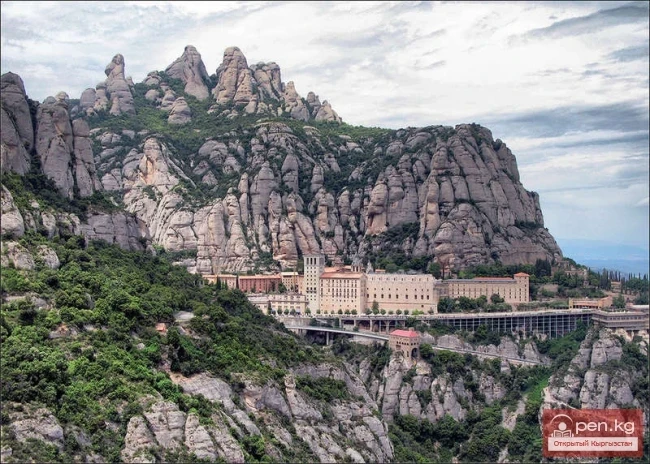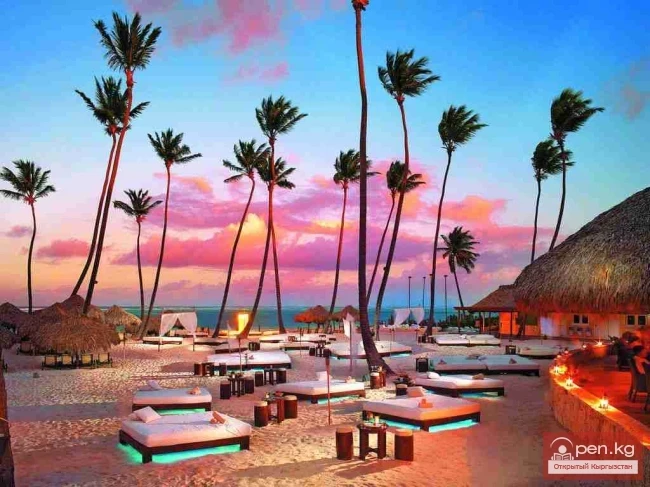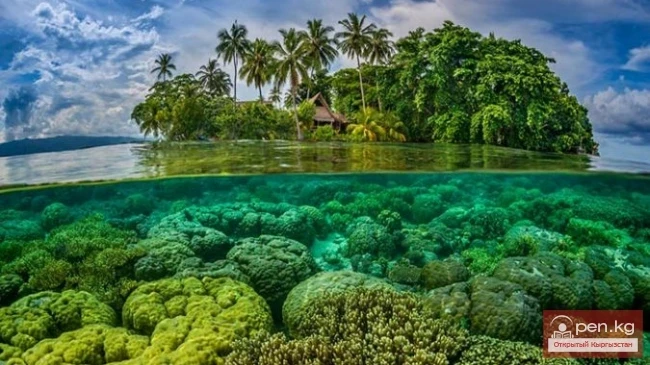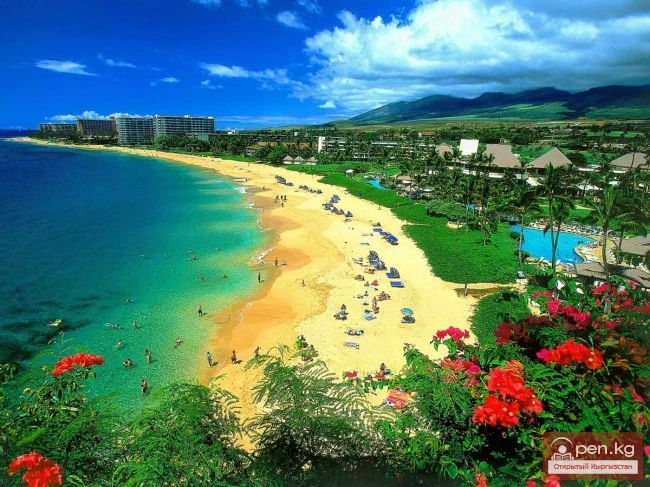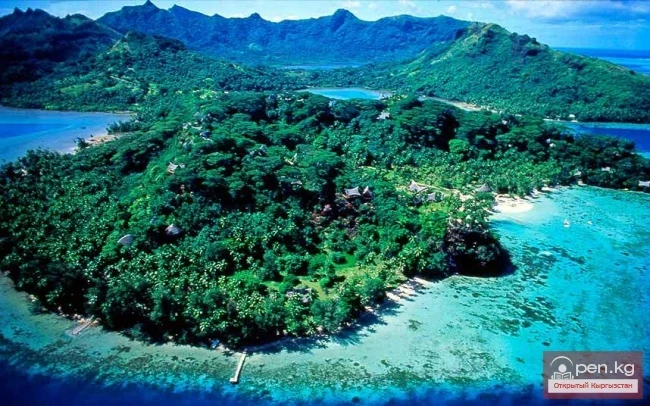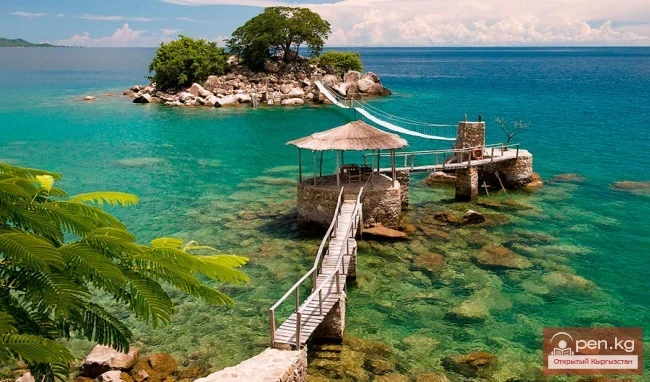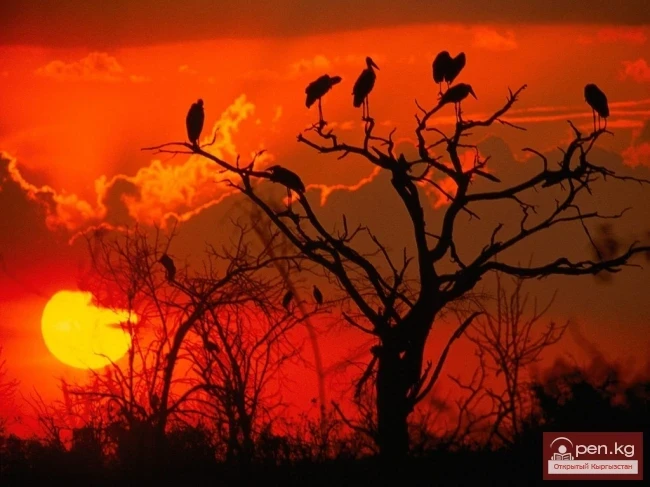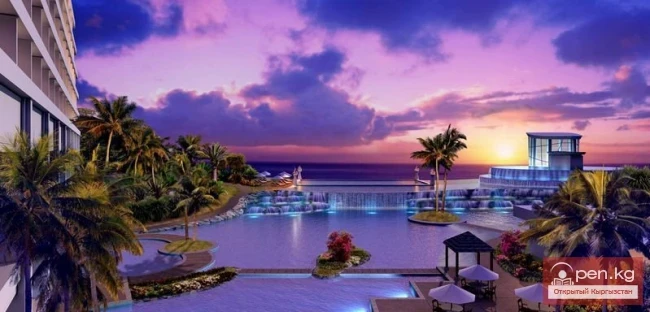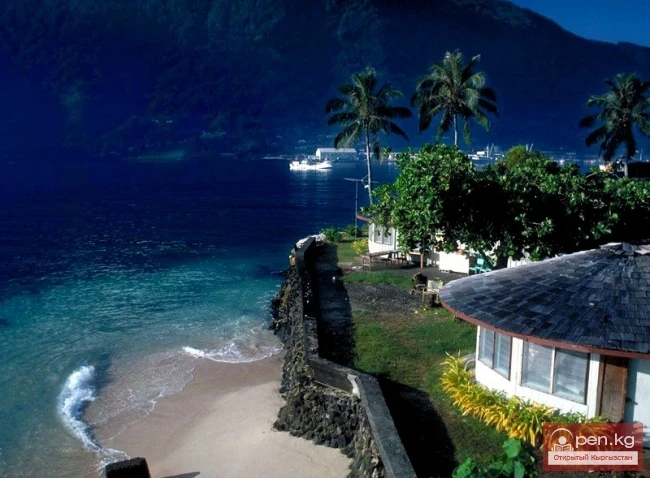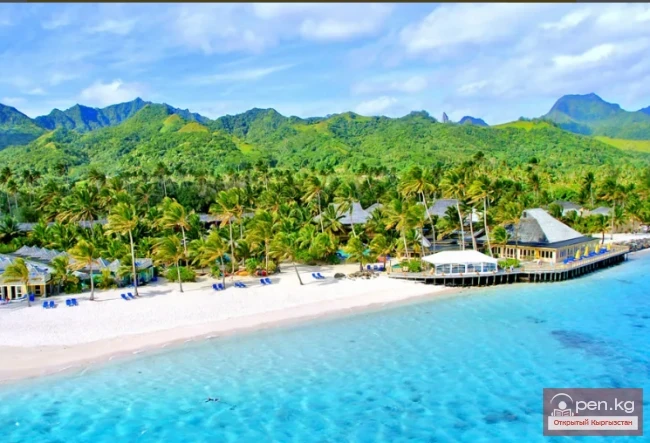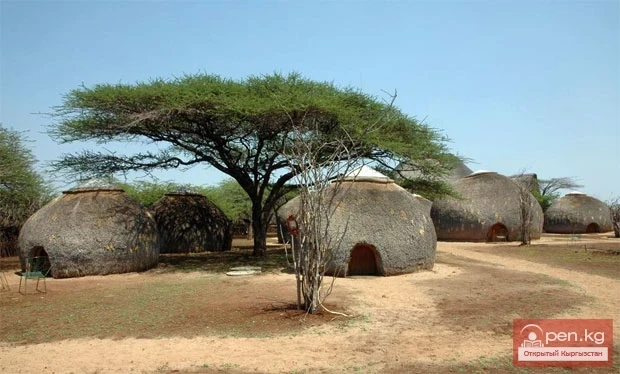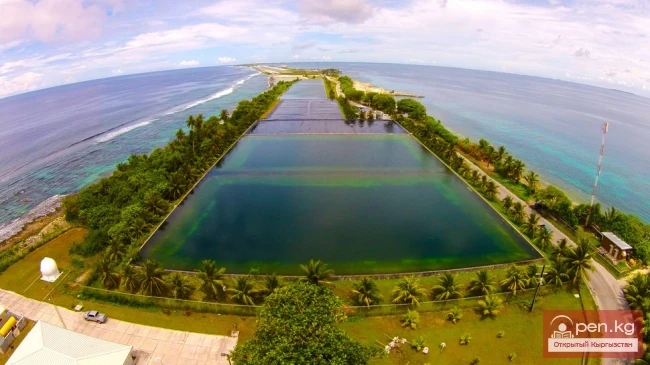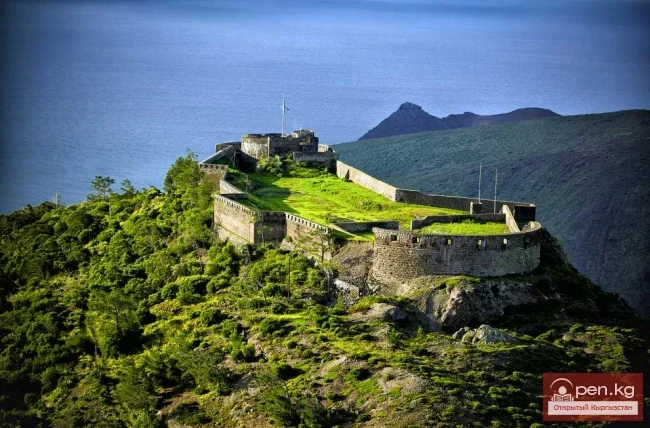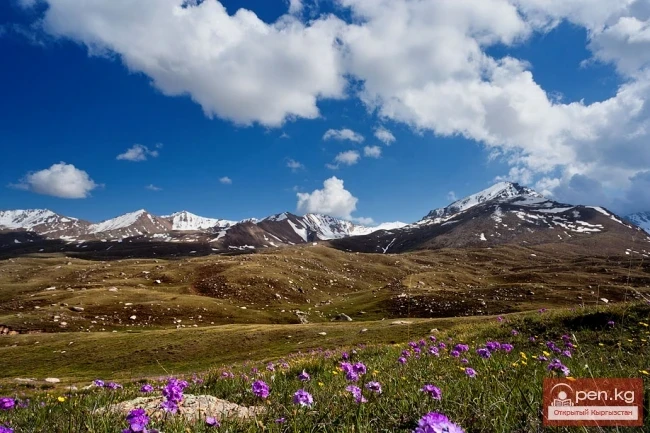The Bahamas. Commonwealth of The Bahamas
A state located in the Atlantic Ocean on the archipelago of The Bahamas, consisting of more than 700 coral islands (30 of which are inhabited), between North and South America, north of the Greater Antilles. The total area is 13,900 km². The capital is Nassau (220,000) on New Providence Island. The population is 302,000; 85% are Black and Mulatto, 15% are of European and Asian descent. The official language is English. Religion: prevalent are Baptism, Anglicanism, Methodism; some believers are Catholics. The currency is the Bahamian dollar = 100 cents.
Diplomatic relations with the Russian Federation were established on December 14, 2004.
National holiday - July 10 - National Day (1973).
The Bahamas is an independent state, part of the Commonwealth headed by Great Britain. According to the constitution of 1973, the head of state is the Queen of Great Britain, represented by the Governor-General (A. Dumont). Legislative power is exercised by the Parliament (term of office - 5 years), consisting of the Senate (16 appointed members) and the House of Assembly (40 deputies). The House of Assembly is elected by universal suffrage (in the last elections in 2002, the PLP won, obtaining 29 seats). Executive power belongs to the Cabinet of Ministers headed by the Prime Minister (since 2002 - P. Christie, leader of the PLP).
Political parties: The Free National Movement (FNM) - established in 1971, reflects the interests of the middle and large (mainly of European descent) bourgeoisie, closely linked to foreign capital. The Progressive Liberal Party (PLP) - founded in 1953, reflects the interests of the small and medium Black bourgeoisie, enjoys support from some workers, employees, and intellectuals. Leader - P. Christie.
Trade union: The Congress of Trade Unions of the Commonwealth of The Bahamas - unites 10 sectoral trade unions.
Watling Island (one of the Bahamian islands, formerly known as San Salvador or Guanahani) is considered the first territory of America touched by the foot of Christopher Columbus (1492). Since 1629, the Bahamas have been an English colony. In the 17th-18th centuries, the islands served as a haven for pirates; the slave trade flourished. In the mid-20th century, the USA established military bases on the islands of Mayaguana, Andros, and Great Abaco.
Independence of The Bahamas was proclaimed on July 10, 1973. It is a member of the UN (since 1973), OAS (since 1973), Caribbean Community, Non-Aligned Movement, and several other organizations.
GDP in 2004 was 5.3 billion USD. The country's economy is almost entirely controlled by foreign capital. Foreign tourism is widely developed, providing jobs for 50% of the workforce and accounting for 60% of national income. There are branches of more than 400 banks and other credit and financial institutions (which guarantee the confidentiality of deposits, tax benefits, etc.). Income from this sector constitutes 15% of GNP.
Industry is represented by oil refineries, food, and light industry enterprises. Sugar cane, citrus fruits, pineapples, and various tropical vegetables and fruits are grown. Poultry farming and fishing are well developed.
The length of the road network is 3,300 km. There are 4 international airports and 3 major seaports.
Main trading partners: the USA, Canada, Great Britain, Commonwealth countries and the EU, Japan. The main exports of the country consist of petroleum products, beverages, food, and other goods; imports include oil for re-export and processing, as well as machinery, equipment, vehicles, and food products. External debt is 308.5 million USD (2002).
Unemployment is about 10%. The growth of consumer prices in the country is steadily declining (in 2004 - 1.2%). About 96% of the adult population is literate.
The largest daily newspapers: "Nassau Guardian" (15,000 copies), "Tribune" (10,000). The state broadcasting corporation has 3 radio and 1 television station. There are also several commercial radio stations.
